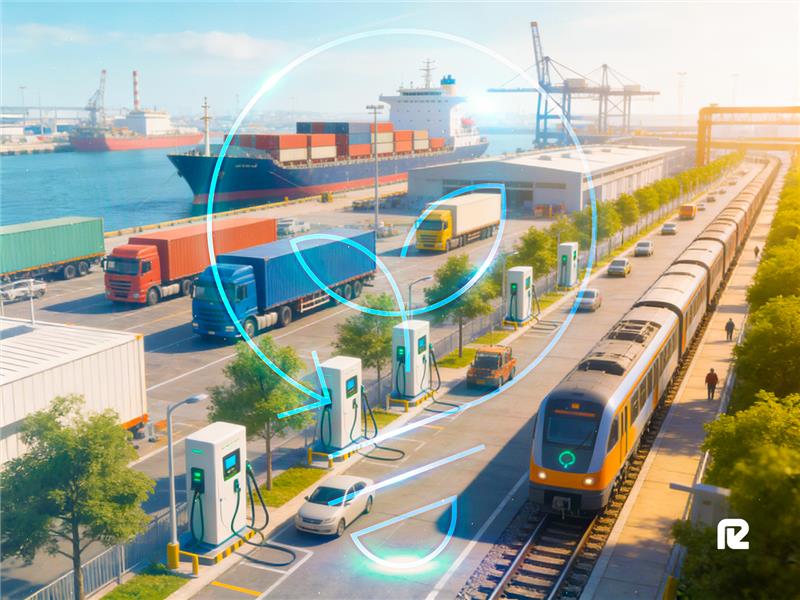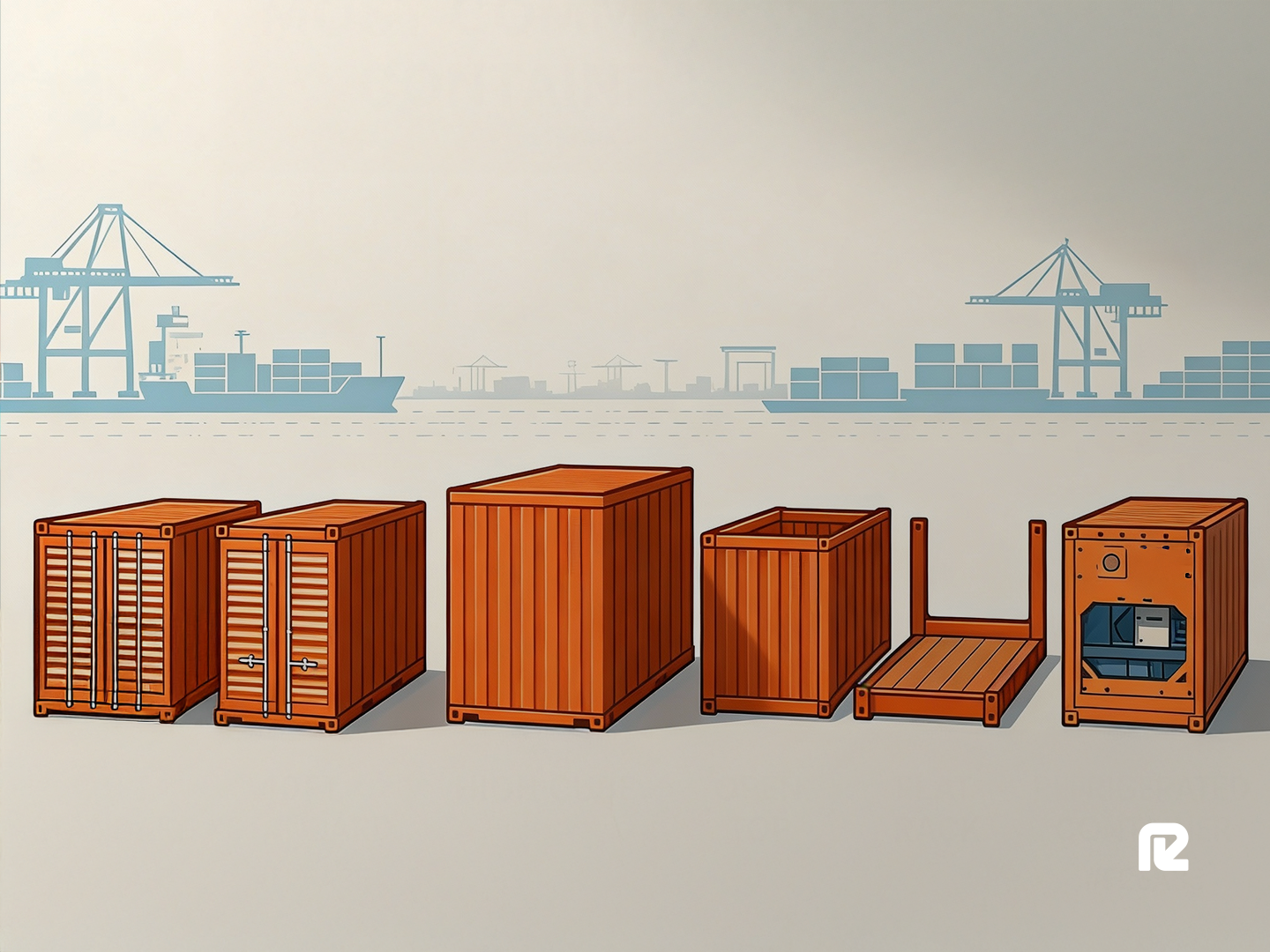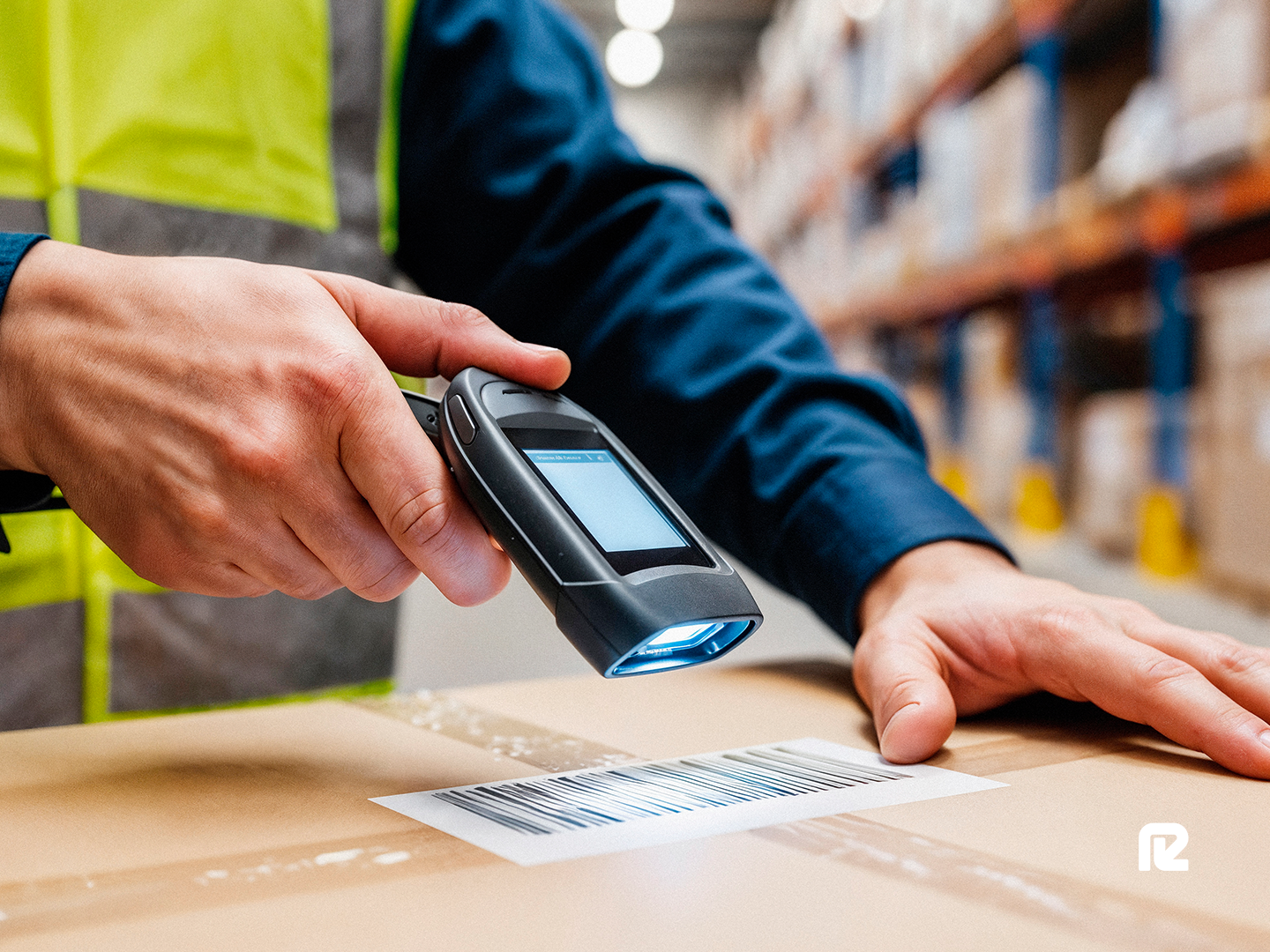FCL vs LCL Shipping: Making the Right Choice for Your Business


Every day, businesses face a crucial shipping decision that can make or break their logistics budget: should they book a full container or share space with other shippers? It's the kind of choice that seems simple on the surface but can significantly impact delivery times, costs, and peace of mind.
Whether you're a startup testing international waters or an established company moving products across continents, understanding FCL (Full Container Load) and LCL (Less than Container Load) shipping isn't just helpful, it's essential for smart business operations.
The good news? Once you understand the fundamentals, choosing between these shipping methods becomes much clearer. Let's break down everything you need to know to make confident shipping decisions.
Defining FCL: Full Container Load Explained
FCL (Full Container Load) is where one shipper uses an entire container exclusively for their cargo. In shipping terms, this means your cargo gets an entire container to itself, sealed from the moment it leaves your facility until it reaches its destination.
Key Benefits of FCL Shipping:
Security
When your goods are the only ones in the container, there's virtually no risk of mix-ups, damage from other cargo, or unauthorized access. The container gets sealed at your location and stays that way until delivery.
Speed
FCL shipments move through ports like VIP passengers, moving faster through customs clearance, with fewer delays, and streamlined handling processes.
Simplified handling
Fewer hand touches of your cargo means fewer opportunities for things to go wrong. The process is straightforward: load, seal, ship, deliver.
FCL works particularly well for businesses with substantial shipping volumes, high-value products, or tight delivery deadlines. If you're moving bulk raw materials, products that can't afford delays, FCL often provides the reliability and control you need.
Defining LCL: Less than Container Load Explained
LCL, or Less than Container Load, refers to shipments that do not fill an entire container, making international shipping accessible for businesses that don't need or can't justify a full container.
Key Benefits of LCL Shipping:
Flexibility for Growing Businesses
Not every shipment needs a full container. LCL allows companies to ship smaller quantities without waiting to accumulate enough goods to fill an entire container.
Budget-Friendly Options
Pay only for the cubic meters you use rather than an entire container. For smaller volumes, this approach can deliver significant cost savings.
Perfect for Testing Waters
Launching a new product in a foreign market? LCL lets you test demand without the commitment of large inventory investments.
The trade-off with LCL involves more complex handling. Your cargo gets consolidated with other shipments at origin, travels together, and then gets separated at destination. This process adds time and requires more coordination, but for many businesses, the cost savings and flexibility make it worthwhile.
FCL vs. LCL: Choosing the Right Shipping Mode
The break-even point between FCL and LCL typically occurs around 15 cubic meters of cargo. But volume isn't the only factor worth considering.
FCL Makes Sense When:
· Your shipment exceeds 15 cubic meters or weighs more than 10 tons
· Speed is critical to your business operations
· You're shipping high-value or fragile goods
· Your products require special handling or climate control
LCL Works Better When:
· Your cargo volume is under 15 cubic meters
· Cost control is more important than speed
· You're shipping regularly in smaller quantities
· You're testing new markets or seasonal products
The beauty of working with experienced logistics partners like Reload Logistics lies in getting personalized advice for each situation. Every shipment has unique requirements, and the best choice depends on your specific circumstances.
Understanding the Cost Equation
"Is LCL cheaper than FCL?" This question comes up constantly, and the answer depends on your cargo volume and shipping frequency.
For smaller shipments, LCL typically offers better value per cubic meter. However, as your cargo volume approaches the capacity that would justify a full container, FCL becomes increasingly attractive due to lower per-unit costs and reduced handling fees.
LCL Pricing Considerations: LCL shipments are charged by either volume (cubic meters) or weight (tons), whichever results in higher charges. This "chargeable weight" system means dense, heavy items might cost more than their volume would suggest.
FCL Pricing Advantages: Once you commit to a full container, you get predictable costs regardless of whether you use every inch of space. This provides budget certainty that many businesses value.
Security: Protecting Your Investment
The security differences between FCL and LCL are significant and worth understanding.
FCL Security Benefits: Your container gets loaded at your facility, sealed with your seal, and opened only at the final destination. This chain of custody provides maximum protection a, damage, or tampering.
LCL Security Considerations: Shared containers mean your cargo gets handled multiple times—at consolidation warehouses, during loading, and at deconsolidation facilities. Each touchpoint introduces potential security risks that don't exist with FCL.
That said, reputable freight forwarders implement strict security protocols throughout the LCL process. The key is working with logistics partners who prioritize cargo security and maintain high standards across their entire network.
The Role of Freight Forwarders in FCL/LCL Shipping
This is where companies like Reload Logistics truly add value. Managing international shipping, whether FCL or LCL, involves countless moving pieces that can overwhelm even experienced businesses.
· For FCL Shipments: Professional freight forwarders coordinate container bookings, arrange transport solutions, handle customs documentation, and manage port operations. They ensure containers arrive on schedule and navigate any complications that arise.
· For LCL Shipments: The complexity multiplies with LCL. Freight forwarders manage cargo consolidation, optimize space utilization, coordinate with multiple shippers, and handle the intricate logistics at destination ports.
Working with logistics experts becomes particularly valuable when shipping to challenging destinations or navigating complex trade routes. Reload Logistics' local knowledge and established relationships can mean the difference between smooth operations and costly delays.
The key to success lies in working with logistics partners who understand your business needs and can provide expert guidance for every shipping decision. Whether you need the security and speed of FCL or the flexibility and cost-effectiveness of LCL, the right logistics support makes all the difference.
Ready to optimize your shipping strategy? Contact Reload Logistics to discuss your specific requirements and discover how our expertise can streamline your international shipping operations.
Categories






